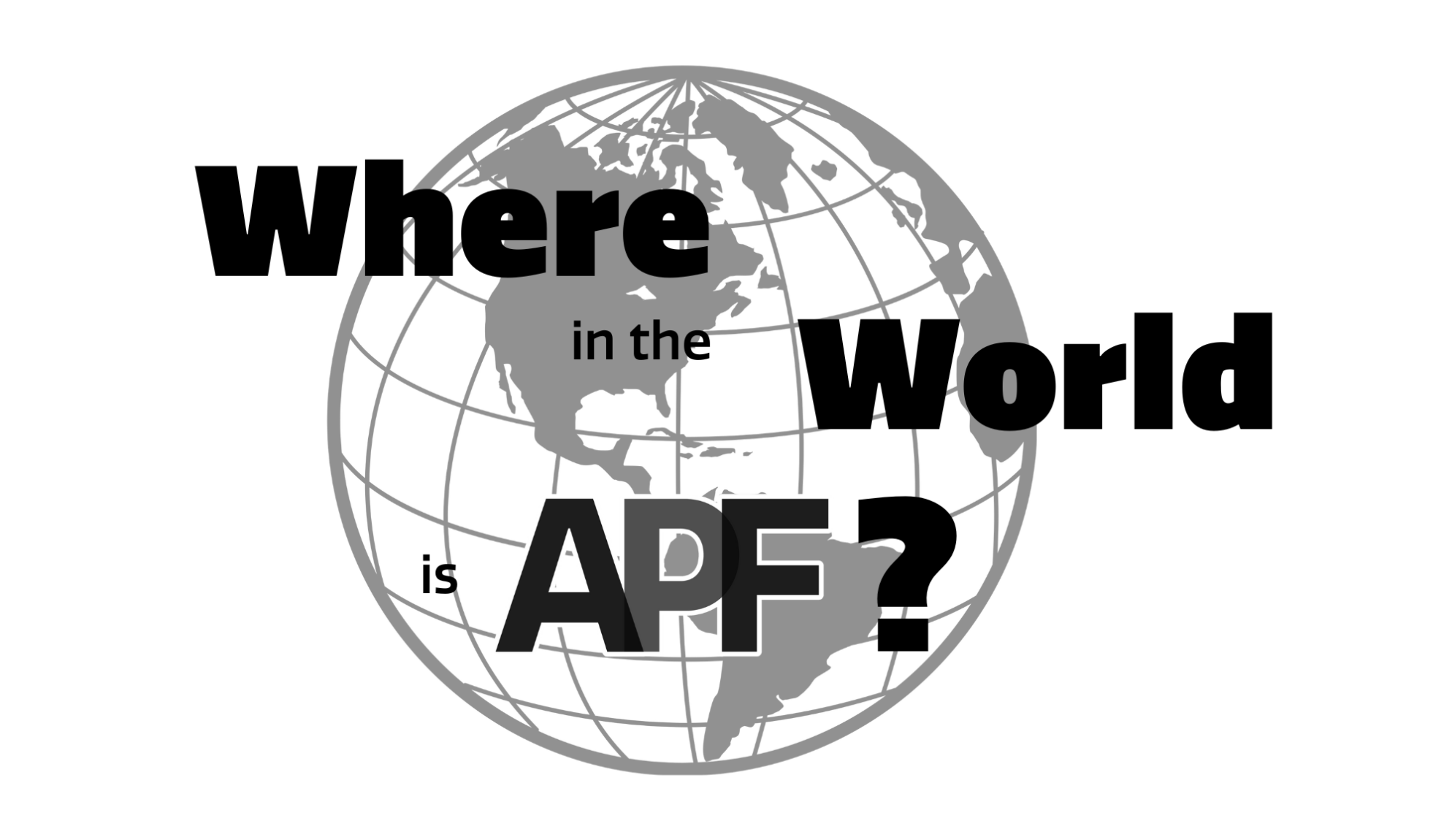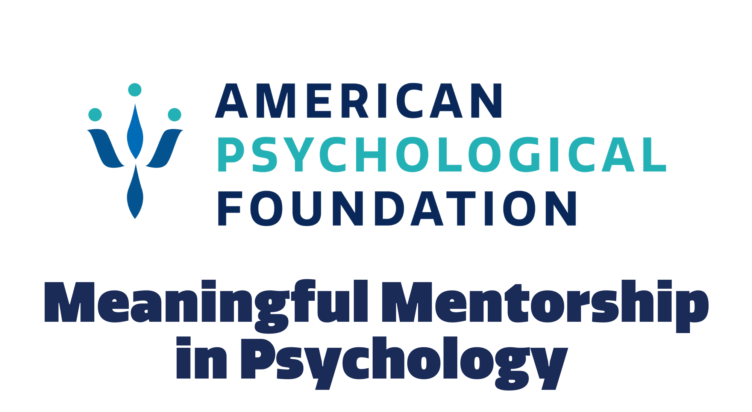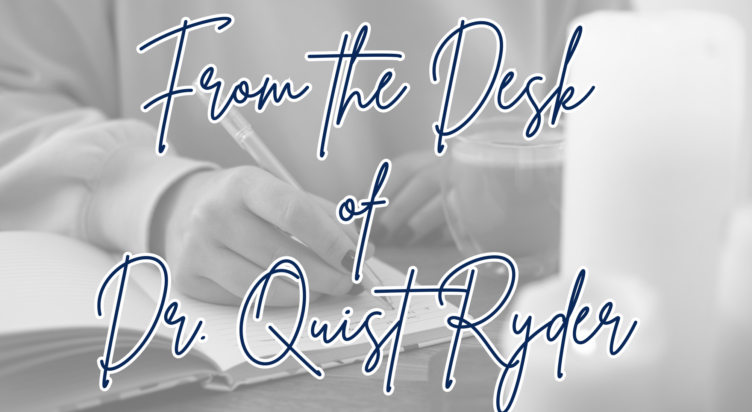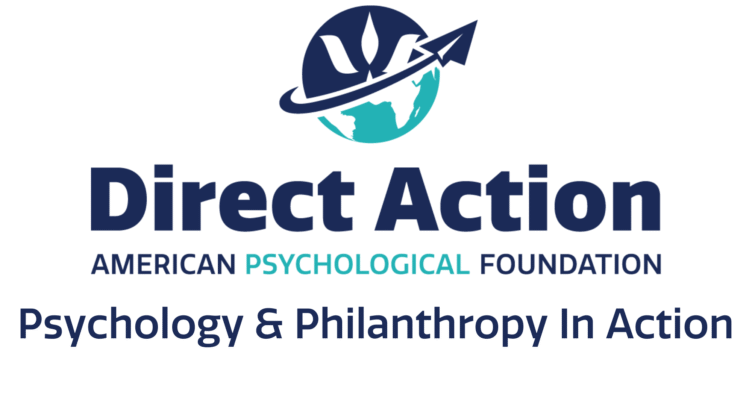Where in the World is APF with Dr. Nili Solomonov


Welcome to “Where in the World is APF”, our recipient highlight series where we catch up with our grant, scholarship, and award recipients all over the world!
Today, we’re speaking with Dr. Nili Solomonov, who received a 2022 Walter Katkovsky Grant for the project, “Engage & Connect”: A Scalable Telehealth Psychotherapy Targeting Social Reward Processing and Behavioral Activation to Reduce Symptoms of Postpartum Depression.”
Can you give us an update on your career and research since being awarded a Walter Katkovsky Research Grant in 2022?
In the past couple of years my lab at the Department of Psychiatry at Weill Cornell Medicine has grown a lot. The lab focuses on identifying brain and clinical mechanisms of action in psychotherapy, and developing scalable therapies to target these mechanisms. The APF funding and my collaboration with Drs. Nat Benda and Meghan Reading Turchioe at Columbia University and Dr. Vicky Wilkins at Weill Cornell, made it possible for us to expand our work to a new and exciting area: psychotherapy for postpartum depression. We call this therapy Engage & Connect, and it’s based on the neuroscience-informed Engage therapy, developed by Drs. George Alexopoulos and Patricia Arean.
I am so excited about this work because postpartum depression has debilitating impacts on so many women (about 1 in 5) and is often undiagnosed and untreated. We need treatments that work and can be delivered to women in underserved communities.
In what aspects has your APF-funded research impacted your career as a researcher and your contributions to the field?
The APF funding has had a transformative effect on my career and our lab’s potential to make contributions to science. With APF’s support, we completed a pilot study testing the acceptability, efficacy, and mechanisms of Engage & Connect. We found that this therapy is acceptable and effective in reducing depression symptoms among mothers with postpartum depression. Our data suggests that this therapy may work by improving social reward responsivity: a motivation and a sense of enjoyment during social interactions. This capacity is so important because it is central to the development of healthy attachment. We found that Engage & Connect led to improvements in social supports, social connectedness, and bonding and attachment quality.
Have you received subsequent funding, awards or other significant accomplishments since receiving your APF grant?
Since receiving this funding, I was awarded a NIMH-funded R01 grant that aims to study whether a version of Engage & Connect for mid- and late-life suicidality improves functions of the brain’s reward system using state-of-the-art precision imaging methods. I was also awarded the NARSAD Young Investigator Award from the Brain & Behavior Foundation to apply these precision imaging methods in my NIMH-funded K23 Career Development Award. I am also so honored and thankful to have been awarded the APF’s 2024 Theodore Blau Early Career Award for Outstanding Contribution to Professional Clinical Psychology, as well as the Outstanding Early Career Achievement Award from the Society for Psychotherapy Research. All of these milestones are products of team science with our wonderful lab members and amazing collaborators and colleagues I’ve been fortunate to work with.
How did, or how will, your APF-funded research positively influence or make significant contributions to the field?
During the award period and based on the results from our pilot trial, we established a collaboration with colleagues at the OBGYN department at Weill Cornell (led by Vice Chair of Research Dr. Lauren Osborne). We found that we could train social workers and mental health counselors to deliver Engage & Connect with high fidelity after 5-7 hours of training. We are hoping to expand Engage & Connect to OBGYN community clinics across our hospital system, expanding much-needed access to postpartum mental healthcare.
How have you used the outcomes, or how do you plan to use the outcomes from your APF-funded research to inform future projects or initiatives?
I recently published a paper describing the Engage & Connect model, which we have now expanded to postpartum depression, with support from APF. Together with Drs. Oded Bein and Julia Chafkin from my lab, we also in the process of preparing a publication to describe the results from our APF-funded psychotherapy trial. We’re excited to continue this work, hopefully in a future large-scale and well-powered study, and we’re applying to federal funding with the goal of replicating these promising findings.
Want to contribute to projects like this and create impact with psychology? Donate to APF today!
Topics: Mental Health Where In The World Is APF
Discover More

Meaningful Mentorship in Psychology with APF’s Early Career Psychologist (ECP) Committee Chairs
January is National Mentoring Month, and at APF, we know that mentorship is essential in shaping the next generation of researchers and psychologists. Supporting students …

APF’s 2025 in Review: Moving Psychology Forward
From the Desk of Dr. Quist Ryder is a space for APF’s CEO to share insights and observations on APF initiatives, the state of psychology, …

Psychology & Philanthropy In Action with Dr. Kiara Álvarez
At APF, we’re bringing together the shared power of psychology and philanthropy to create a world where people are healthy, happy, and living with dignity. …
